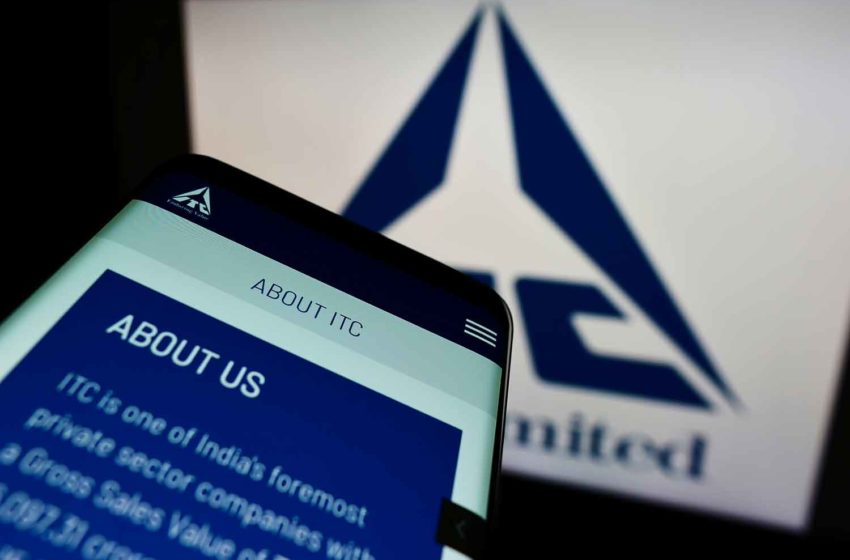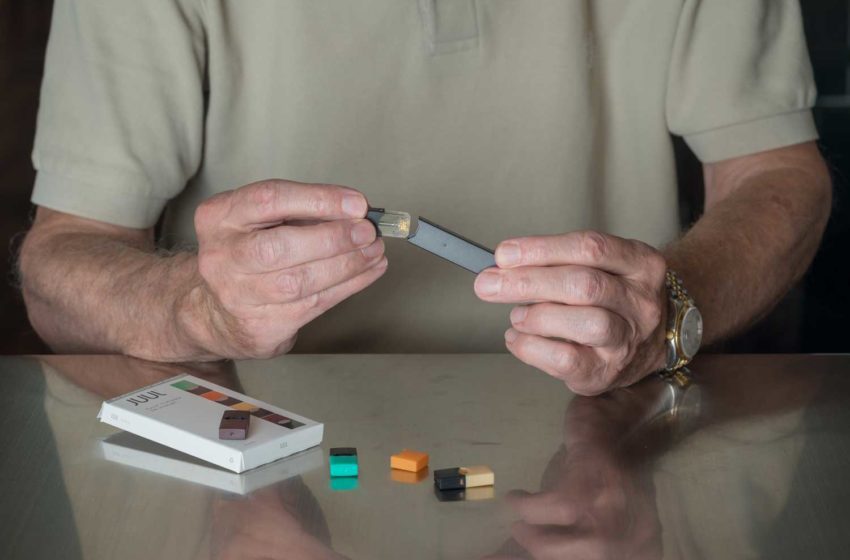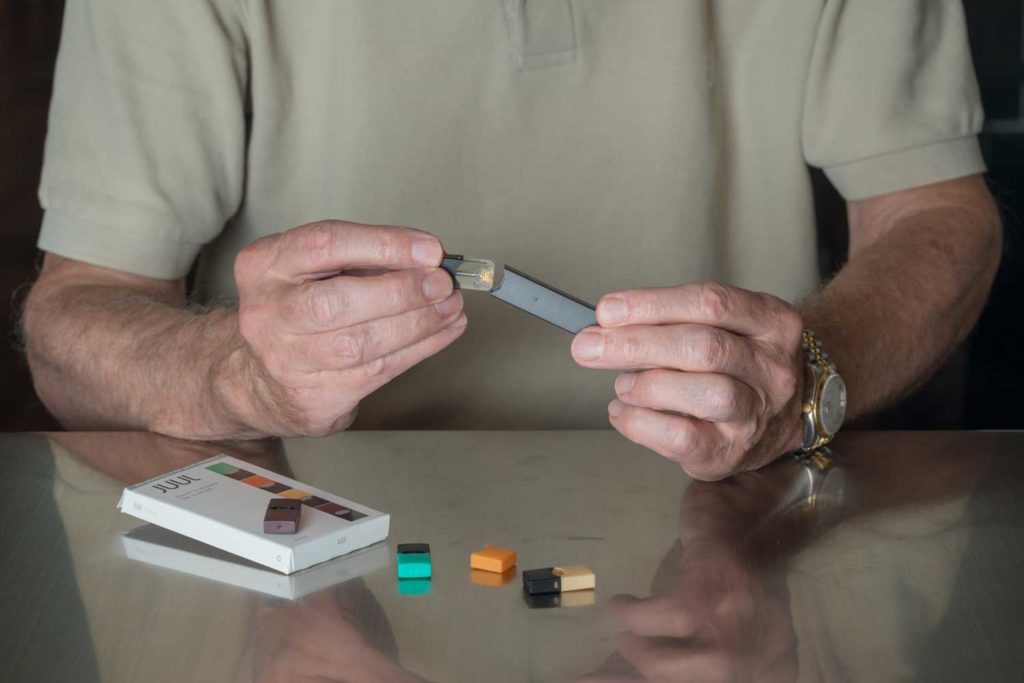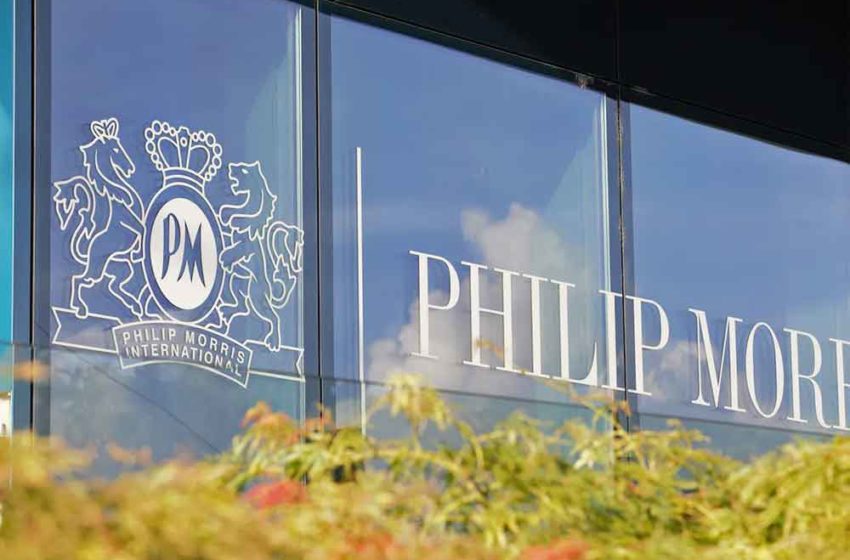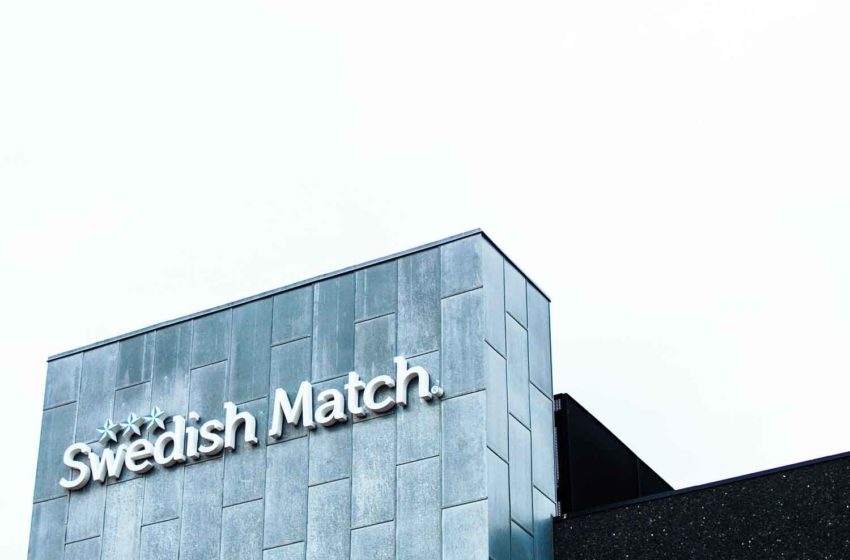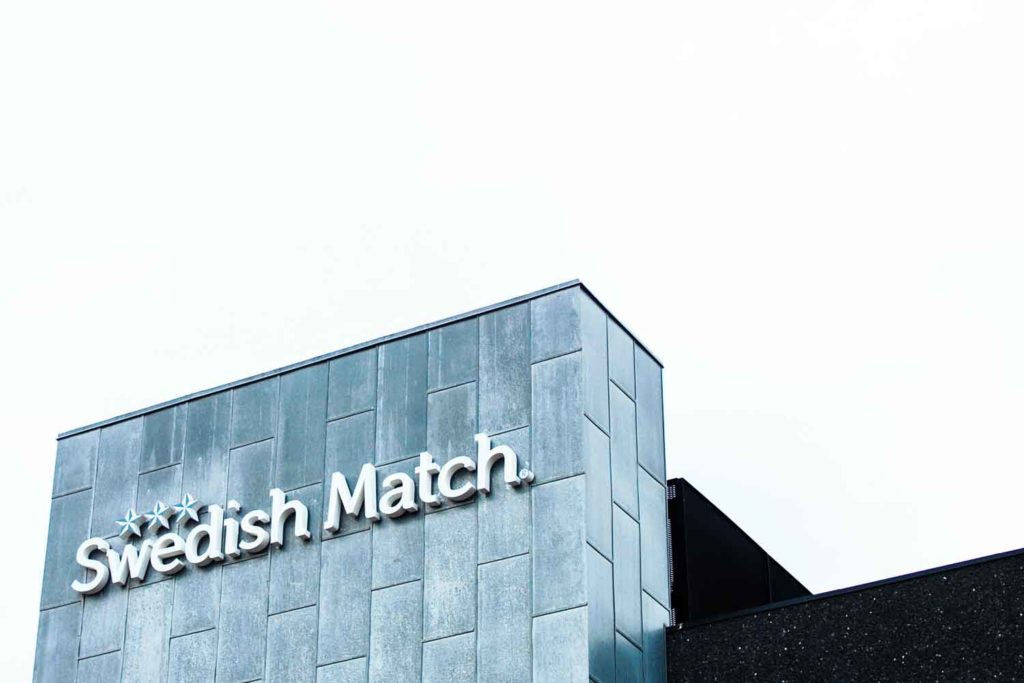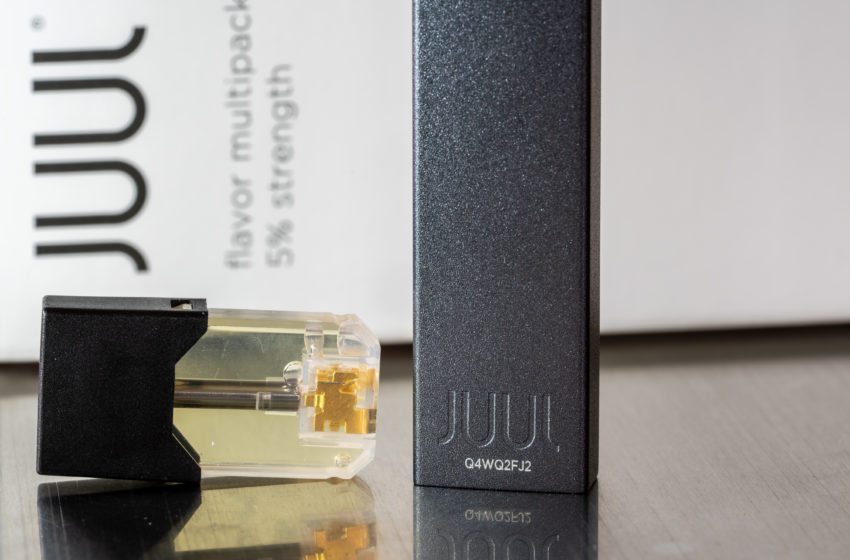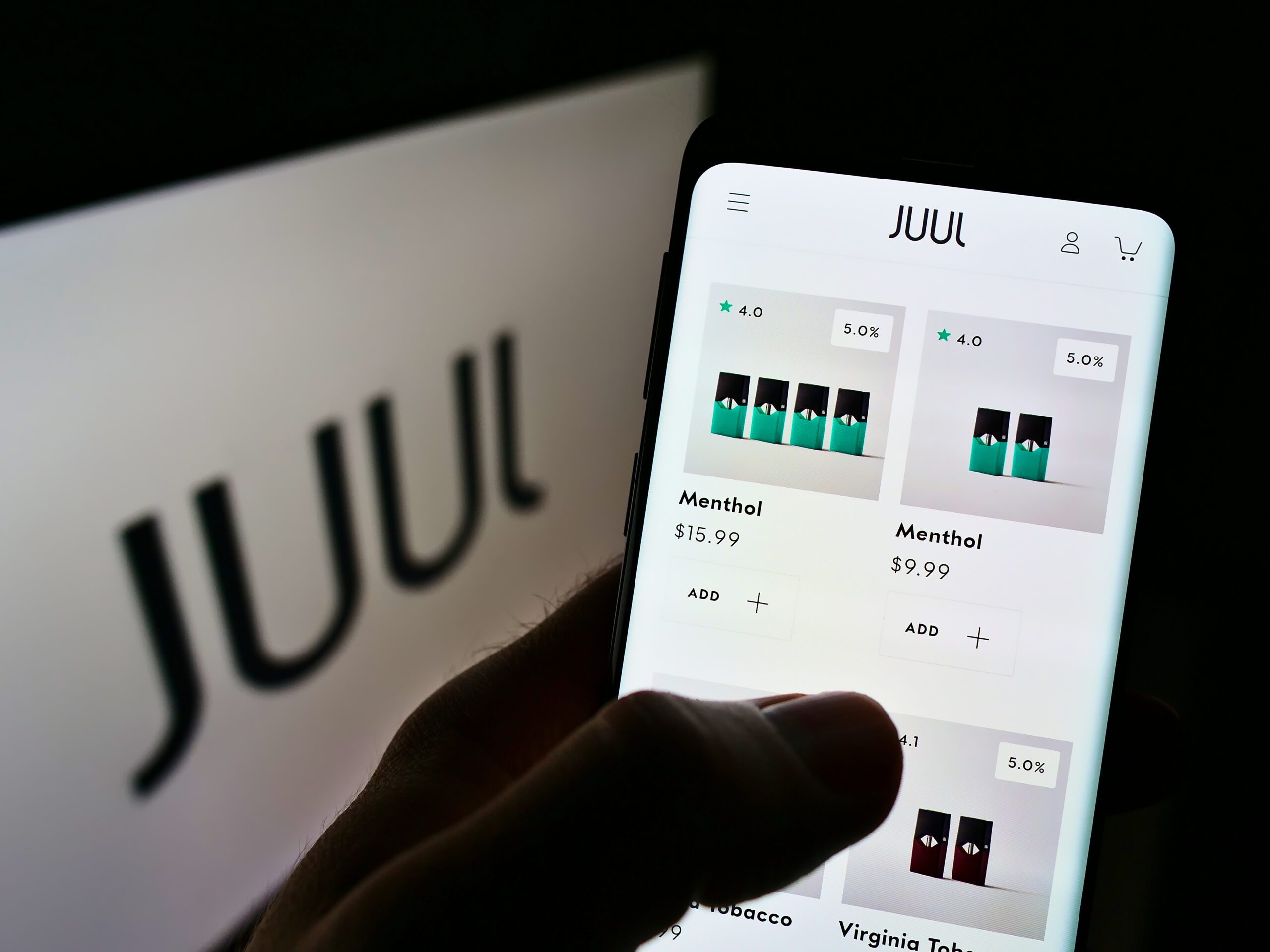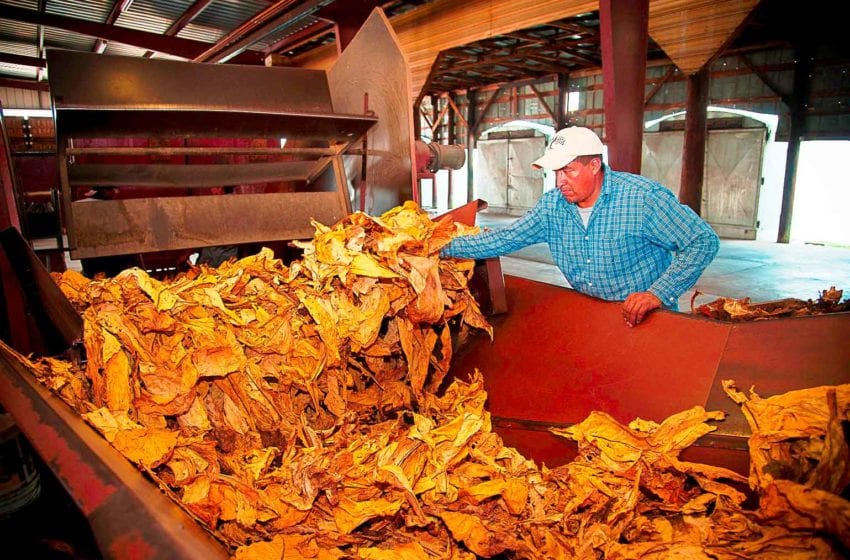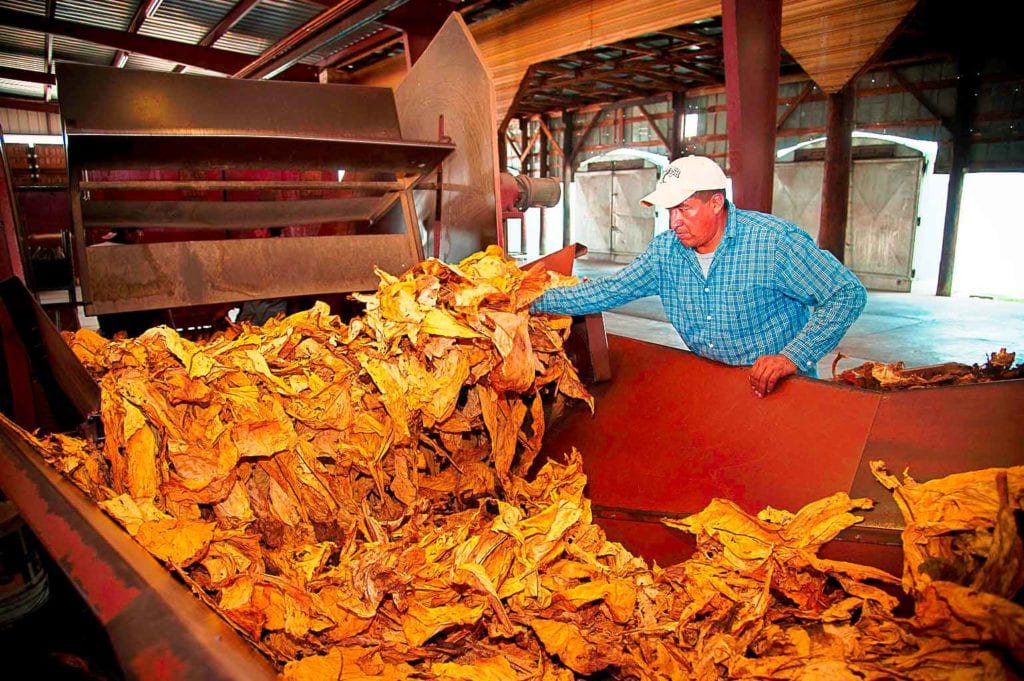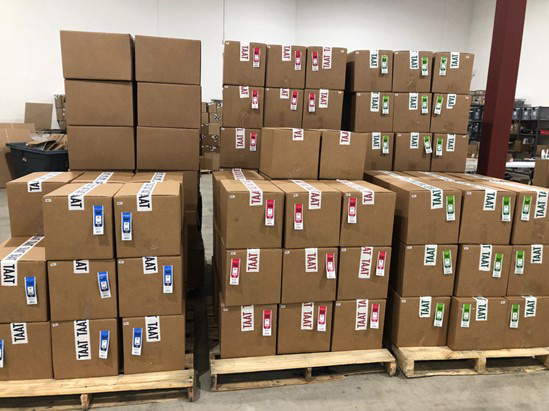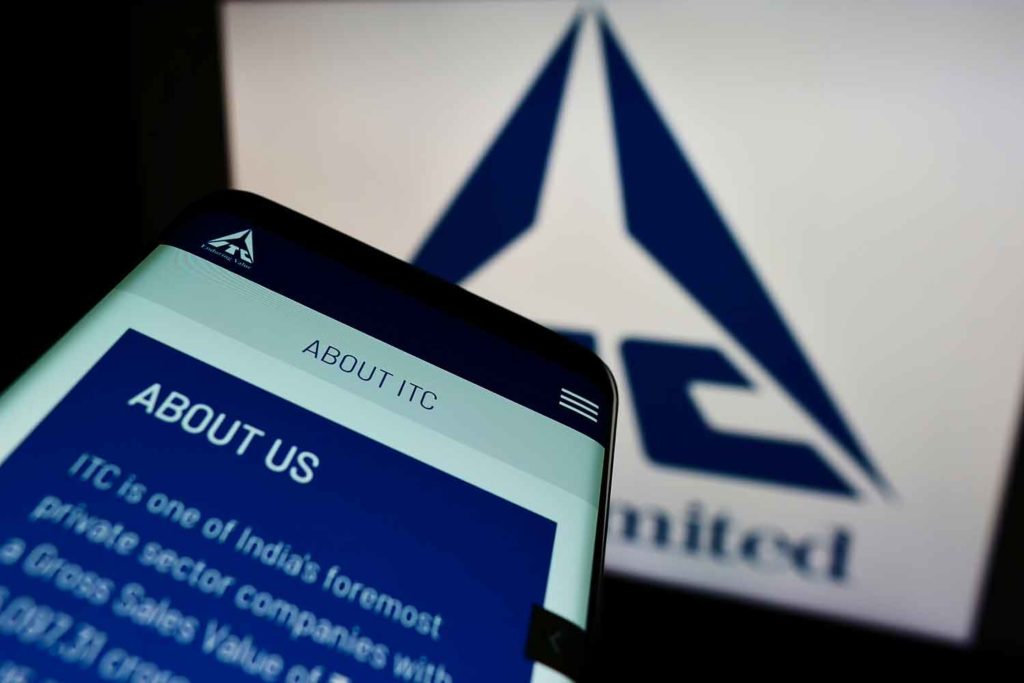
ITC’s cigarette business delivered strong results in the second quarter of fiscal year 2022, with segment revenue and segment results up 29 percent and 30.1 percent year-on-year respectively
In a media statement, the company said it continues to counter illicit trade and reinforce market standing by fortifying its product portfolio through innovation, premiumization across segments and enhancing product availability backed by superior on-ground execution.
The business also continues to launch several differentiated variants to further strengthen and future-proof its product portfolio. Recent launches include Classic Connect, Gold Flake Indie Mint and Gold Flake Neo SMART Filter.
The company said it was encouraged by the stable tobacco tax environment and actions by India’s law enforcement agencies to stamp out illicit trade.
“As seen in the past, stability in taxes on cigarettes, backed by deterrent actions by enforcement agencies, enables green shoots of volume recovery for the legal cigarette industry from illicit trade, thereby engendering domestic demand for Indian tobaccos, while also mitigating loss of tax revenue to the exchequer,” ITC wrote in a statement.
The company said it continues to engage with policymakers for a framework of equitable, non-discriminatory, pragmatic, evidence-based regulations and taxation policies that balance the economic imperatives and tobacco-control objectives, while taking account of the unique tobacco consumption pattern in India, where factory-made cigarettes account for only a fraction of combustible tobacco volumes.

